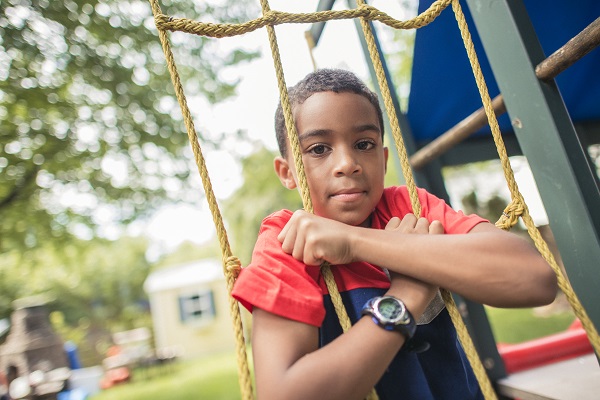What is self-advocacy?
Self-advocacy is a topic that is increasingly discussed in connection with autism. Often, we hear in the media about adults who are autistic advocates, such as those in organizations like the Autistic Self-Advocacy Network or the Autism Women and Non-binary Network. These individuals have made a career out of advocating for the rights of autistic and other disabled people. They are increasingly powerful and well-respected in political spaces, and they have played important roles on policy initiatives as large and wide-reaching as the Affordable Care Act or student loan debt forgiveness. Although often labeled “self-advocates,” a more accurate term for these influential individuals is “political advocates” or “community activists”, who are making change not just for themselves, but for the disability community more broadly.
While relatively few children will go onto become advocates in this way, every child and teen should be empowered to be a self-advocate. At its core, self-advocacy is the ability to speak up for oneself and tell others what you need in order to be happy and successful. Self-advocacy is a critical skill that begins developing in childhood and continues through adulthood. Research has shown that for people with disabilities in particular, quality of life (how happy and fulfilled by their life a person is) is strongly related to self-advocacy. Self-advocacy is often more strongly related to quality of life than even more concrete factors like a person’s education, or employment, or living situation. Simply put, people who know what they need and want, and are able to ask for it, feel happier!
How can autistic youth develop self-advocacy skills?
Self-advocacy is a skill that develops over time, so we can begin supporting and teaching these skills at any age.
For young children:
For older children and pre-teens:
As teens prepare for young adulthood:
Becoming an effective self-advocate is a lifelong journey, and we can all continue to be better at advocating for ourselves. By listening to your child’s thoughts and feelings, modeling respectful communication, and encouraging youth to speak up for themselves, families can prepare their children to advocate for themselves throughout their lives.
This article was developed by Allison Ratto, Ph.D., CASD clinical psychologist, Ashley Muskett, Ph.D., CASD clinical psychologist, and with the assistance of Andrea Lopez, B.S., CASD research assistant. Scroll down for a list of resources (including tools you can download), announcements of community programs, and research opportunities. Our goal is to help families and providers so please use the QR code at the end of the CHAT (in the PDF) to give us feedback.

Profiles Celebrating Neurodiversity
Tiffany Hammond (she/her) is an autistic mother of two autistic sons, advocate, and storyteller who uses her personal experiences with autism and parenting two autistic boys to guide others on their journey. Tiffany has a master's in Developmental Psychology and spends her time teaching, coaching, and mentoring others in disability justice issues. Her activism is rooted in challenging the current perception of autism as a lifelong burden, cultivating a community that explores the concept of Intersectionality and inspiring thought leaders through storytelling, education, and critical discourse. She recently published a book (coming out in May 9th) called "A Day With No Words" that's a children's book told through the perspective of one of her sons, who communicates through Augmentative and Alternative Communication (AAC).




